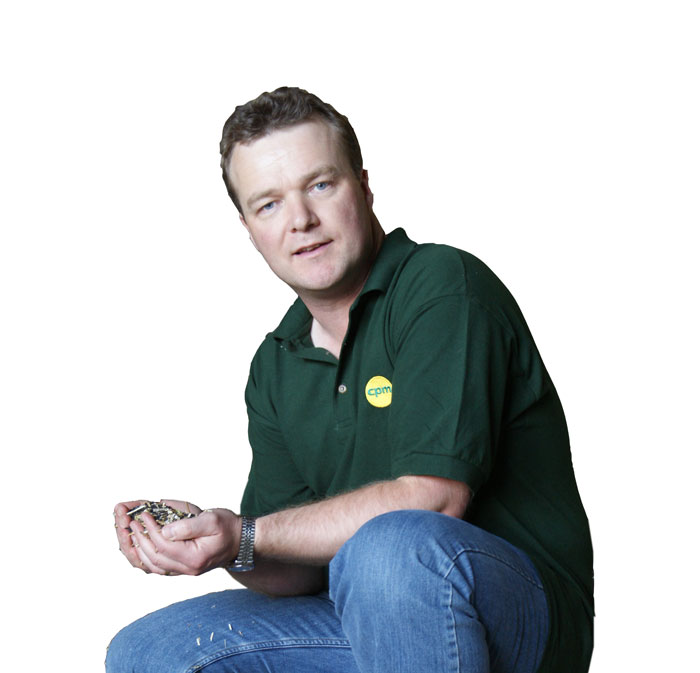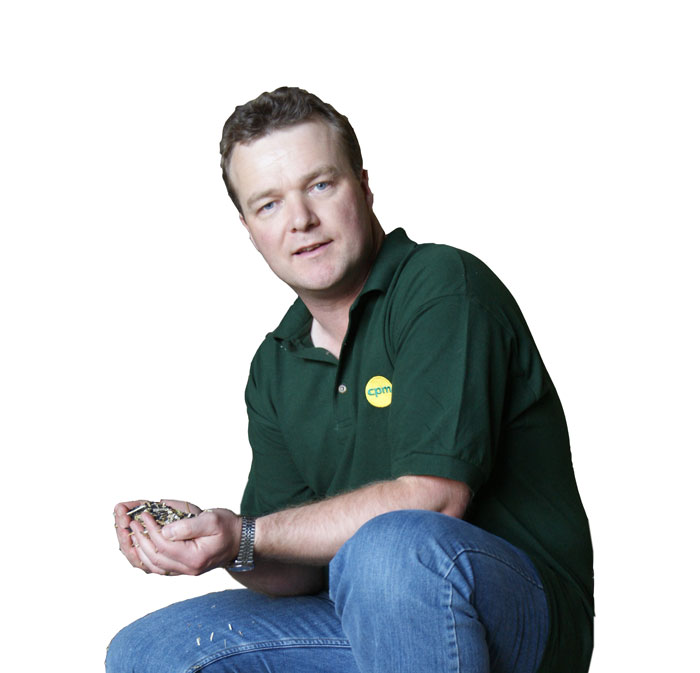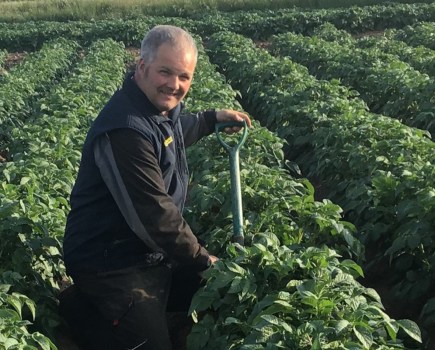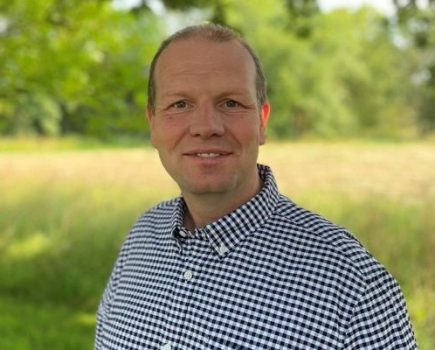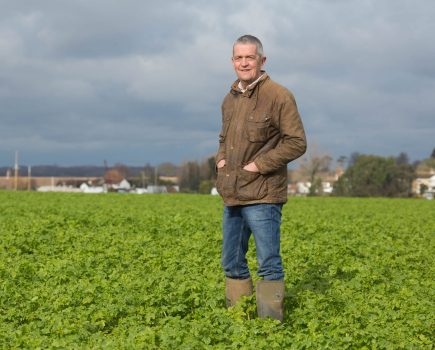If you get a moment, there’s a paper worth reading: Caring for soil life in the Anthropocene: The role of attentiveness in more‐than‐human ethics by Dr Anna Krzywoszynska.
The paper describes the relationship a farmer has with their soil and draws a parallel with the care network we have to look after humans in our society. It looks at soil biota as an example of a non-human with which we interact, but on which we ultimately depend. The suggestion is that if we gave the same attentiveness to our soil that perhaps we show to fellow humans in our society, we could build a better symbiotic relationship with it.
Crucially, it’s not a responsibility that should be borne entirely by the farmer – just as we have care networks that look after the vulnerable in our society, such as disadvantaged children and the elderly, so too should there be “a wider and practical relational ethic of soil care,” argues Anna.
For me, this is a totally new way of looking at the soil on my farm, but it does explain a lot. The paper’s quite hard going for a non-scientist, but it’s worth reading through, especially the case studies. These are farmers who describe to Anna how they are working with their soils. It conveys that journey we’re on – the recognition most farmers have that the soil in our care is more than just a mineral medium. But when we try to have a better relationship with our soil, we struggle. Why? Because we have no concept as a society of what we’re aiming to achieve overall, so we’re left unsupported to wrestle the often conflicting priorities of food production and soil care.
There’s a brilliant quote from a farmer she calls Terry, who’s lost his wheat crop thanks to slugs introduced through cover crops. Visiting the field, they find plenty of earthworms, however.
“I guess the problem is, Anna, that I cannot sell earthworms,” says Terry. “Much as earthworms are a key indicator that the soil is healthy, if I’ve got earthworms but I don’t have good crops, then, it’s really no good to me knowing I’ve got lots of earthworms.”
Anna also describes the marginalisation of soils – how we, as a society, lost our attentiveness to their needs. A seminal moment in scientific history she relays is work by Justus von Liebig in the mid 19th century who proposed a mineral (rather than organic) theory of soil fertility. Attend to the basic chemical elements in a soil and that’s all that’s needed to grow crops, he said. Ingenious at the time, and it laid the foundation for several agricultural revolutions. But isn’t it slightly outdated and sadly limiting, especially given the level of understanding we now have, and so much we have left to explore, about the nature of soil biota?
What I find really interesting about this paper, and a strand Anna leaves slightly hanging, is Society’s role in addressing the soil-related issues that exist. My experience is that it currently consists of well meaning NGOs who gather doom-laden ‘scientific’ analyses that describe how farmers are destroying our natural resource to the extent we have less than 100 harvests left. NGOs beat governments over the head, and in return governments build the regulatory pressure on farmers to sort it out. Meanwhile, there is a mob incited into near hatred of farmers by the likes of George Monbiot and Chris Packham who are chanting for our very removal from the land.
And this broken relationship Society has with the non-humans in our care extends beyond the soil biota – there’s our insects, our wildlife and our farmland birds. There has been a classic illustration of this recently in the chaos that ensued when Natural England took the step, following a legal challenge by Wild Justice, to end general licences for the control of ‘pest’ birds. The very species Wild Justice sought to protect is now under greater threat as a result of their action.
It doesn’t have to be so adversarial. It’s not a farmer’s responsibility to sort it out – it’s recognised that we face a trillion, trillion (1030) options when bringing an agricultural product or outcome to market. If we’re made to fill out reems of forms to justify just one decision, farming will never move on and nor will Society.
So is it time to look again at the ethical relations we have with the non-humans with which we interact? If you consider the UK government spends £264 billion/yr on caring for humans in our society, the £3.2 billion spent on agriculture, a portion of which goes towards attending to our non-human ethical relations, seems a paltry amount.
A refocus could be transformative – one in which farmers are actors performing crucial societal roles, rather than scapegoats in a society fixated on blaming others for its own shortcomings. It would be supported by scientists, but a crucial role within that for social science. And it could open up a whole new realm of understanding based on a symbiotic and not parasitic relationship with the bio‐geo‐chemical cycles of planetary life. As Anna says: “We need to hear – and heed – the silent call of soil.”
Tom Allen-Stevens has a 170ha arable farm in Oxon, and its soil is probably saying it’s a bit thirsty. @tomallenstevens

